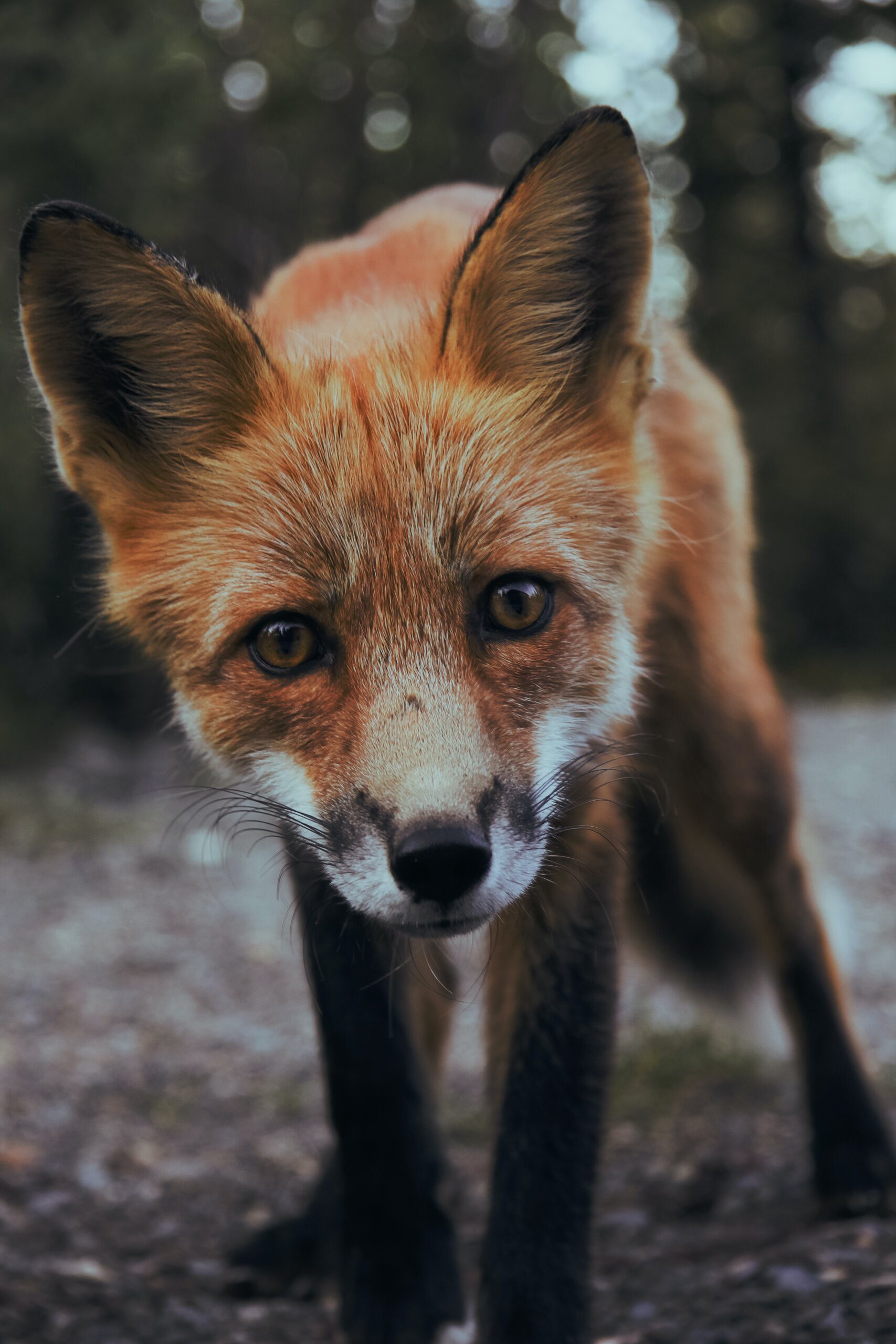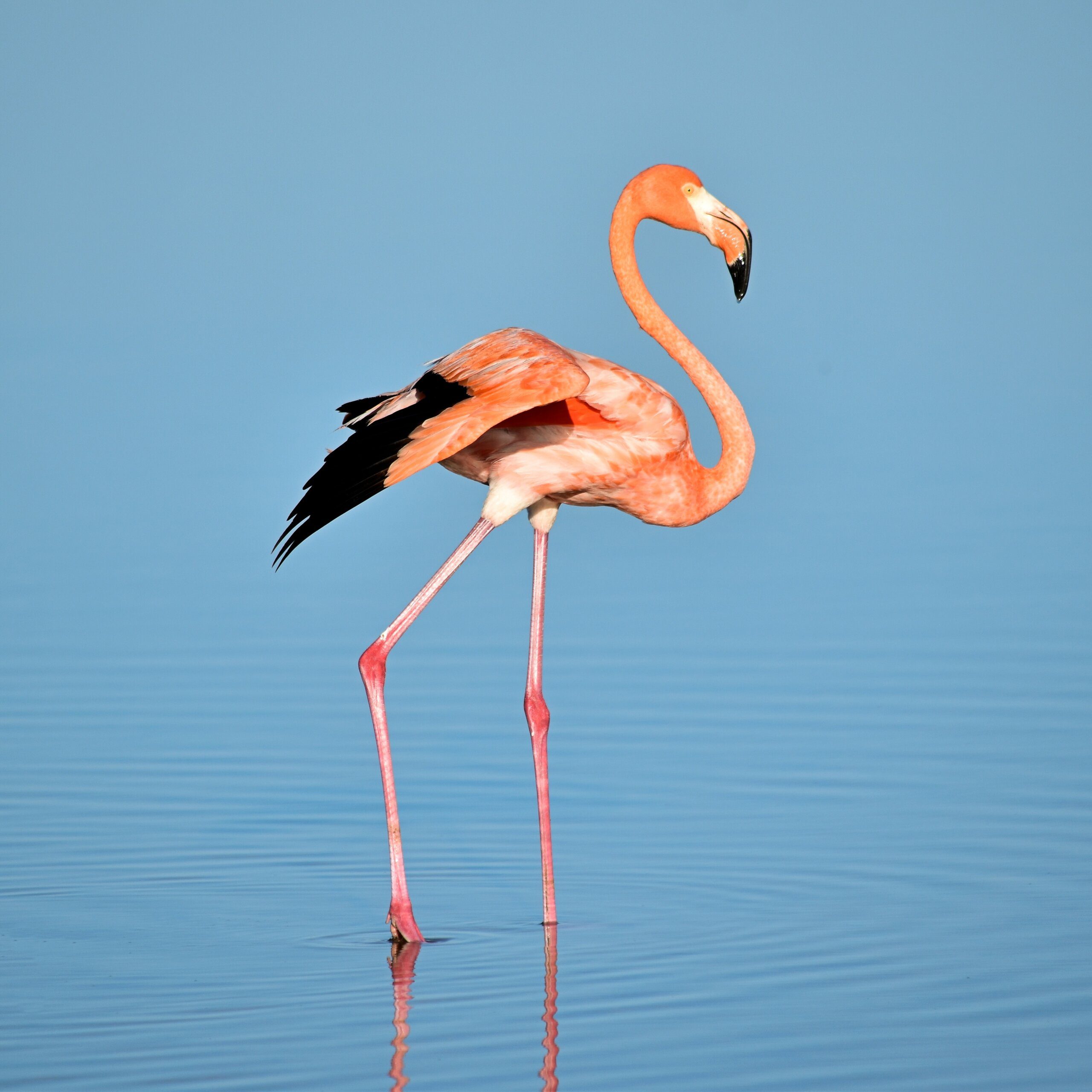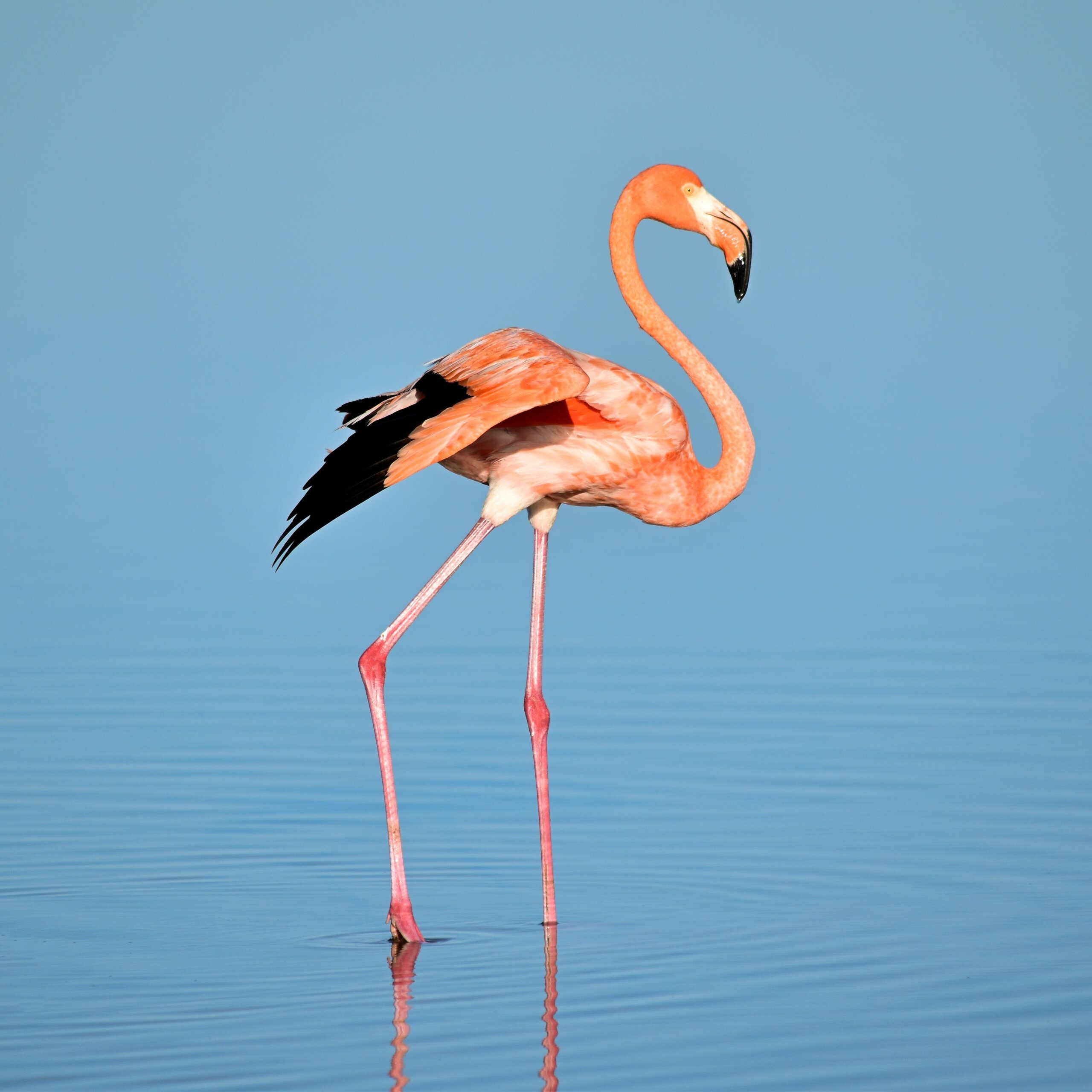Looking to add a unique and lovable pet to your family? Look no further than pet capybaras! These adorable giant rodents have been gaining popularity as domestic pets due to their friendly and sociable nature. In this article, we will explore the joy of owning a pet capybara and provide you with valuable information on how to find these delightful creatures near you. Whether you live in a bustling city or a rural area, discover the joy of having a pet capybara as your new companion.

1. What are Capybaras?
Capybaras, also known as water pigs, are the largest rodents in the world. They are native to South America and are highly adapted to aquatic habitats. These unique creatures have gained popularity as pets due to their friendly nature and intriguing characteristics.
1.1 Introduction to Capybaras
Capybaras belong to the family Hydrochoeridae and are closely related to guinea pigs and rock cavies. They have a stocky and barrel-shaped body, short legs, and webbed feet, which enable them to swim effortlessly. Their fur varies in color, ranging from reddish-brown to dark brown, and it is both coarse and dense.
1.2 Physical Appearance
Adult capybaras can reach an impressive weight of around 77 to 145 pounds (35 to 66 kilograms) and measure around 39 to 51 inches (100 to 130 centimeters) in length. Standing at a height of approximately 20 inches (50 centimeters) at the shoulder, they possess a distinctive round head with small, rounded ears and prominent black eyes. Capybaras also sport a set of long and sharp incisors that continuously grow throughout their lives.
1.3 Natural Habitat
Capybaras are indigenous to the wetlands, swamps, and marshes of South America, including countries such as Brazil, Venezuela, Colombia, and Paraguay. They thrive in environments with ample water sources, where they can swim and dive to escape from predators. These herbivores primarily feed on grasses, aquatic plants, and tree bark. Living in social groups known as herds, capybaras exhibit a strong sense of community and engage in grooming and vocal communication with one another.
2. Popularities as Pets
Capybaras have gained popularity as exotic pets due to their intriguing qualities and amiable nature. However, it is important to carefully consider the challenges associated with owning a capybara before deciding to bring one into your home.
2.1 Capybaras as Exotic Pets
As exotic pets, capybaras offer a unique and fascinating companion experience. They are generally friendly creatures and have a reputation for being affectionate towards their owners. Their gentle demeanor and adaptability to human interaction make them appealing to many pet enthusiasts.
2.2 Unique Qualities
One of the most intriguing aspects of capybaras is their semi-aquatic nature. They thoroughly enjoy swimming and may even take to bodies of water available within their living environment. This distinctive trait can provide a captivating and interactive experience for their owners.
2.3 Challenges of Owning a Capybara
While capybaras may seem like an exciting pet choice, it is crucial to acknowledge the challenges that come with their ownership. Capybaras require a significant amount of space due to their large size and need for an aquatic habitat. Additionally, their social nature necessitates interaction with other capybaras or suitable substitutes, which can be quite demanding to fulfill.

3. Legal Considerations
Before considering owning a capybara as a pet, it is essential to be aware of and comply with the legal laws and regulations in your local area.
3.1 Local Laws and Regulations
Due to their exotic nature, capybaras may be subject to specific laws and regulations regarding ownership. It is crucial to research and understand the legal requirements in your area, as some regions prohibit or restrict the ownership of capybaras as pets. Failure to adhere to these regulations may lead to legal consequences and the confiscation of the animal.
3.2 Permits and Licenses
In areas where capybaras are permitted as pets, owners may be required to obtain specific permits or licenses. These permits often involve meeting certain criteria related to the animal’s welfare and living conditions. Depending on your location, these permits may be issued by local wildlife agencies, animal control boards, or other relevant authorities.
4. Finding Pet Capybaras
When searching for a pet capybara, it is important to explore various sources to ensure the well-being and ethical origins of the animal.
4.1 Exotic Pet Dealers and Breeders
Exotic pet dealers and reputable breeders specializing in capybaras can be a potential source for acquiring a pet capybara. It is crucial to thoroughly research and choose a trustworthy and responsible dealer or breeder who prioritizes the welfare of their animals. Visiting the facility beforehand and observing the living conditions and health of the animals is highly recommended.
4.2 Rescue Organizations and Sanctuaries
Rescue organizations and sanctuaries that focus on wildlife rehabilitation may occasionally have capybaras available for adoption. Adopting from such institutions not only provides a loving home for the animal but also supports their conservation efforts. It is vital to inquire about the capybara’s background and history to ensure it is suitable for a domestic setting.
4.3 Online Marketplaces
While online marketplaces can offer convenient access to pet capybaras, caution must be exercised. It is crucial to conduct thorough research and verify the credibility of the seller before making any commitments. Carefully review the seller’s reputation, customer reviews, and evaluate their transparency regarding the animal’s history, health, and care.

5. Research and Preparation
Before bringing a pet capybara into your home, it is important to conduct extensive research to ensure you are prepared for their unique needs and requirements.
5.1 Capybara Care Requirements
Capybaras have specific care needs that must be met to ensure their well-being. Their diet primarily consists of grasses, hay, fresh vegetables, and some fruits. Adequate access to clean water and regular grooming are also essential. Research their nutritional needs and interact with experienced capybara owners or veterinarians to develop a suitable care plan.
5.2 Suitable Living Environment
Capybaras necessitate a spacious and enriched living environment that accommodates their size and aquatic nature. A secure outdoor enclosure with access to water, shade, and shelter is crucial. A well-maintained swimming area or pond is necessary to satisfy their love for water. Providing suitable hiding spots, such as burrows or artificial dens, is critical for their sense of security.
5.3 Cost of Maintenance
Owning a capybara involves financial commitments. Consider the expenses associated with purchasing or adopting a capybara, as well as the ongoing costs of food, veterinary care, enclosure maintenance, and other essentials. Ensure that you are financially prepared to provide for their needs throughout their lifespan, which can be up to 12 years.
5.4 Consideration for Other Pets
Introducing a capybara to a household with existing pets requires careful consideration. Some pets may not be compatible with capybaras, especially those with strong predatory instincts. Consult with a veterinarian or animal behaviorist to evaluate the potential risks and compatibility before making any decisions.
6. Tips for Interacting with Capybaras
Building a positive and trusting relationship with your capybara is essential for their well-being and your enjoyment as a pet owner. Understanding their social behavior and properly handling and training them are crucial aspects of interaction.
6.1 Building Trust
Capybaras establish trust through consistent and positive interactions. Spend quality time with your capybara, offering gentle strokes and providing treats as rewards. Avoid any behaviors that may cause distress or fear, as this can strain the bond between you and your pet.
6.2 Understanding their Social Behavior
Capybaras are highly social animals and thrive in the presence of other capybaras or suitable companions. It is important to allow them opportunities to interact with their own species or provide stimuli to alleviate their social needs. Consult with experts or join capybara enthusiast groups to learn more about their social behavior and how to meet their needs effectively.
6.3 Proper Handling and Training Techniques
Proper handling is crucial for the safety of both the capybara and its owner. It is recommended to consult with experienced capybara owners or trainers to learn appropriate handling techniques. Positive reinforcement training methods can be employed to teach basic commands, such as recall or stay, further enhancing the bond between you and your capybara.
7. Health and Veterinary Care
Capybaras require regular veterinary care to ensure their overall health and well-being. Finding a qualified and experienced veterinarian who specializes in exotic animals is essential.
7.1 Finding a Capybara Veterinarian
Not all veterinarians are experienced in providing medical care to capybaras. It is important to identify a veterinarian who has considerable knowledge and experience in treating these unique animals. Seek recommendations from reputable exotic pet organizations or consult with local wildlife rehabilitation centers to find a reliable capybara veterinarian.
7.2 Common Health Issues
Capybaras can be susceptible to various health issues, including dental problems, obesity, skin conditions, and parasitic infections. Regular veterinary check-ups and vigilant monitoring of their physical and behavioral well-being are vital for timely detection and treatment of any health concerns.
7.3 Vaccination and Preventive Care
Consult with your veterinarian to determine the appropriate vaccination schedule for your pet capybara. Furthermore, preventive measures such as routine parasite control, dental care, and maintaining a clean living environment are key to minimizing health risks and ensuring a long and healthy life for your capybara.
8. Capybara Community and Online Resources
Joining capybara enthusiast groups and accessing reputable online resources can provide valuable support, guidance, and opportunities for connection with fellow capybara owners.
8.1 Joining Capybara Enthusiast Groups
Engaging with other capybara owners through enthusiast groups or clubs can offer a sense of community and the opportunity to share experiences, knowledge, and advice. These groups often provide valuable resources, organize meet-ups, and offer support during challenging times.
8.2 Online Forums and Discussion Boards
Online forums and discussion boards focused on capybara ownership serve as platforms for sharing information and seeking advice. Participating in these communities allows you to connect with experienced capybara owners worldwide, providing diverse perspectives and insights.
8.3 Reputable Websites and Blogs
Several reputable websites and blogs provide comprehensive information on capybara care, training tips, and health guidelines. Stay updated with reliable sources of information, as they can greatly enhance your understanding and ability to provide the best possible care for your pet capybara.
9. Responsible Ownership
Responsible ownership of a capybara involves continuous learning, ethical practices, and prioritizing the well-being and conservation of these remarkable creatures.
9.1 Education and Continuous Learning
To be a responsible capybara owner, it is crucial to stay informed and up-to-date on the latest research, guidelines, and best practices. Attend workshops, seminars, and conferences related to capybara care and behavior. Continuously enrich your knowledge and skills to ensure the best quality of life for your pet.
9.2 Importance of Ethical Practices
Ensure that you source your pet capybara ethically, supporting reputable breeders or adopting from legitimate rescue organizations. Avoid engaging in illegal activities, such as purchasing capybaras from the black market or contributing to the illegal wildlife trade. Uphold high ethical standards, considering the welfare and conservation of capybaras and their natural habitats.
9.3 Capybara Welfare and Conservation
Responsible capybara ownership extends beyond the care of individual pets. Engage in conservation efforts and support organizations dedicated to preserving capybara populations and their ecosystems. Educate others about the importance of protecting these unique animals and their natural habitats.
10. Conclusion
Capybaras offer a distinctive and rewarding pet experience for those who are prepared to meet their specific needs. Before embarking on the journey of owning a capybara, thoroughly research their requirements, consider the legal aspects, and ensure you can provide a suitable living environment. By following responsible ownership practices and continuous learning, you can enjoy a fulfilling companionship with these intelligent and captivating creatures.
10.1 Summary of Key Points
- Capybaras are the largest rodents in the world and are native to South America.
- They have gained popularity as pets due to their friendly nature and unique qualities.
- Before owning a capybara, familiarize yourself with local laws and regulations regarding their ownership.
- Find pet capybaras through reputable dealers and breeders, rescue organizations, or online marketplaces, ensuring the well-being and ethical origins of the animal.
- Research capybara care requirements, suitable living environments, and financial commitments before bringing one into your home.
- Interact with capybaras by building trust, understanding their social behavior, and employing proper handling and training techniques.
- Regular veterinary care is crucial for capybara health, and finding a knowledgeable exotic animal veterinarian is important.
- Join capybara enthusiast groups, engage with online forums, and utilize reputable websites and blogs for valuable support and information.
- Responsible ownership involves continuous learning, ethical practices, and prioritizing capybara welfare and conservation.
10.2 Final Thoughts
Owning a capybara can be a truly remarkable experience, but it requires careful consideration, dedication, and responsible practices. By following the information and guidance provided in this article, you can embark on a fulfilling journey as a capybara owner while ensuring the well-being and conservation of these incredible creatures.



